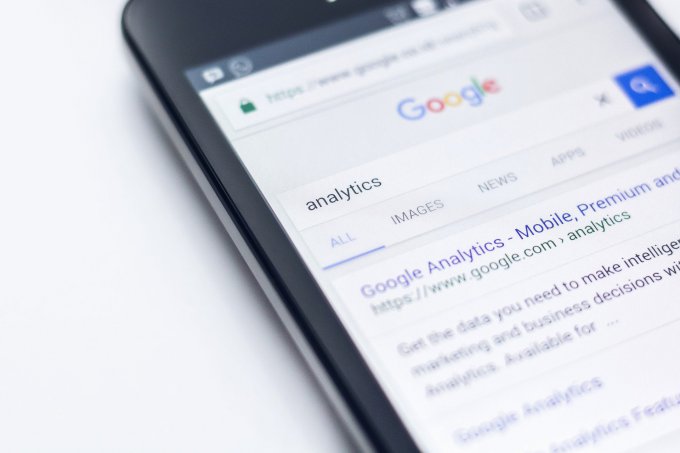- 12 stycznia 2026
Most people use the Internet almost every day - it's a source of knowledge, entertainment, but also a tool to work or deal with formalities. Each activity on the Internet means new data, which you leave behind. How to use the Internet safely and what is a safe Internet? We will tell you how to take care of your safety on the Internet and point out the key principles of safe Internet use.
Every day you leave dozens of pieces of data online. You contact your friends and family, pay bills or shop online. It is worth knowing the rules of safe internet use in order not to be exposed to leakage of personal data, passwords or theft of funds from your bank account. How to use the internet safely? Learn our 7 tips to stay safe online.
Check also: https://inlookup.com
What should you pay attention to in order to stay safe online? Learn the 7 rules of safe internet use that will help you develop good habits.
A password should consist of a combination of uppercase and lowercase letters, numbers and special characters. It is a good idea to have several types of passwords, so that you do not use one password for all websites. In the case of a possible break-in you will not lose data from all the accounts you use. The password should be quite long and preferably not related to you. It is worth changing your password every few months to reduce the risk of hacking. A well-designed password is definitely the basic rule for safe use of the Internet.
Think about what you publish on the Internet. Think about whether you want your accounts to be public or private. Remember not to share confidential information, such as excerpts from contracts or documents. Also, don't post snippets of conversation without first covering your face, name, or login of the person you're writing with. Share on social networks only the information that can be seen by a larger audience. After all, your files or photos can be distributed online. You should be wary of portals and online shops that ask for your PESEL number or registered address in addition to the standard data such as name, surname, phone number or e-mail address. Do not share such confidential data!
Antivirus is not only useful on a computer - it's also worth installing it on your phone or tablet. This will help you avoid malware, worms, trojans and spyware. Viruses are programs that, if accidentally installed, can replicate themselves and spread on your device. This is a risk of copying your data, deleting it or sending it to others. Your password, personal information or payment card number may also be stolen. There are many ways to phish and steal data on the internet - it's a good idea to keep your internet safe and use an anti-virus.

Might also interest You: whose number is this
Do not put off updating the operating system on your phone or computer. Regular updates improve the work of your device and reduce the risk of a hacking attack. An updated antivirus or firewall means a much lower risk of your data or login passwords being intercepted.
It's a good idea to check the information about the site and the connection you're using. How to do it? There is a padlock symbol in the search bar - after clicking on it you will receive** information about the type of connection, the certificate and the number of cookies**. Pay particular attention to the green padlock symbol, which is important e.g. when performing operations in online banking. The green padlock indicates that your connection is encrypted (SSL) and that your data is private. The browser encrypts your data and then it is decoded by the server. Encrypted information is useless in the hands of a hacker, so you can safely use the services or make transfers.
Do you have something important to check? You want to log in to an account that is very important to you (e.g. bank account)? Don't do it using public Wi-Fi networks. Open hot-spot networks in coffee shops, trains or shopping malls don't adequately protect your data and the risk of it being intercepted increases.
Beware of links, attachments and downloading programs from verified sources
Phishing is on the rise - it's impersonating a person or institution in order to obtain confidential information, make you follow instructions or infect your device with viruses. This can be for example a deceptively similar email to the one you receive every month from your operator or insurance company. So be wary of senders and suspicious links - think twice before opening a hyperlink or downloading an attachment or program. Download apps from trusted sources such as Google Play for Android and the Apple Store for iOS.
See more: inlookup.com